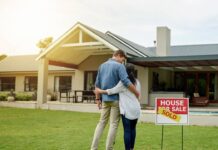Once you see the robins out there catching worms, you know that the RV season is upon us. At the first signs of a spring thaw, you’ll need to start planning your trips and making reservations for a pitch at your favorites campsites.
It also means that you need to check out your camper, RV or van to see how it held up over the winter and if it needs some repairs to get roadworthy again. You may see some cracks, there could be damage or you simply want to make some upgrades to your camper.
If you have a dream of living in a new RV or camper, do yourself a favor and read on. The way we travel back to the old world has changed dramatically and in some cases, we need to change the way we camp. Now, in the new economy, there are lots of choices available and a great deal of flexibility. Don’t be misled by the enticing options available, this world is a lot different than it was 20 years ago.
We know there is a growing list of products and services available that have been recommended by a few smart consumers but here are a few things you should do to get ready.
Check the roof

Water damage can happen easily over the winter if there is a crack somewhere in the roof or sunroof. When there is a small crack, the cold and then warmth can make it much bigger and water can get in. then when it freezes it opens it even further.
If you are unlucky enough to encounter roof damage see Parked in Paradise’s guide to repairing cracks in your RV roof before you set out for the season as you’ll end up with water damage inside your camper.
There are a number of sealants available that will easily and effectively keep the water out of your RV this summer.
Check the appliances
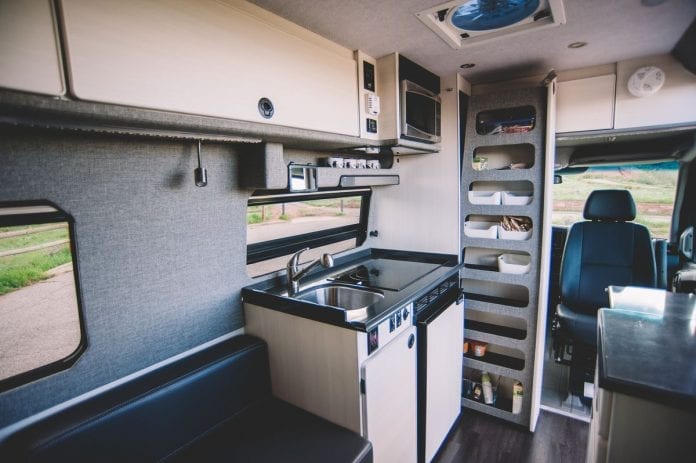
First, make sure your camper is in good working order. Wash it frequently to keep it clean and free of rust and other small rust spots. Moisture does the magic for rust in your camper and can easily make spots fade and grow out. Also, get a tool kit. You don’t want your camper to be stuck in place all winter long. If you have one, fill it with everything from crowbars to window pulls to a shovel.
You should make sure all of your appliances work before you set out on your adventures. Make sure all of the gas lines are working to your stove by turning on all the burners.
Turn on the A/C and even the heater to make sure that you aren’t going to roast or freeze when the temperature rises and falls. Then, ensure that your hot water heater is functioning so you aren’t forced to take any cold Navy showers.
Check the tires
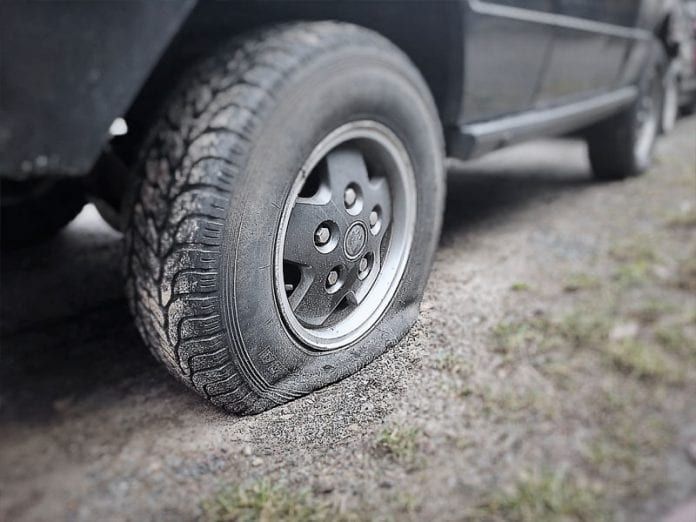
Your tires are the very first line of defense when it comes to road safety. Check them for wear and tear and make sure the treads are not too worn. Try the coin check to make sure they are deep enough to grip the road and allow water to channel so you don’t hydroplane. If you put a penny into the treads, they should touch Abe’s head. Otherwise, they are too worn and need to be replaced.
If the treads look fine, check the tire pressure and top them up to their recommended PSI. After that then look for any damage around the rims and check the lug nuts to make sure they are tight.
Alarm System
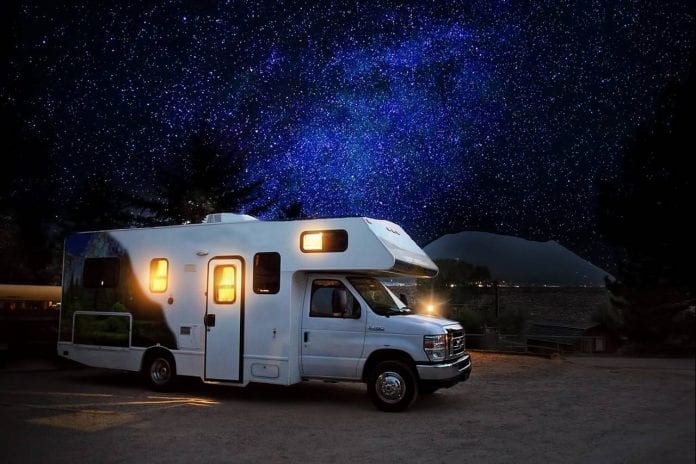
Before you leave, it is important to put in an alarm system that can prevent you from losing your mind in the middle of the night. If your alarm goes off every time you close your camper doors, it won’t be much use to you.
A simple pressure switch mounted on the left shoulder, or an alarm knob on your right, is a better choice. It will both alert you if you don’t close your camper!
Odds and ends
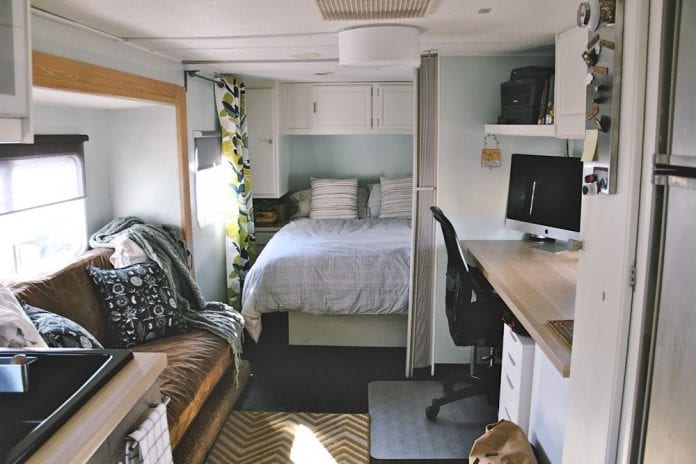
After those major safety concerns are checked and repaired you just need to do things like fill up your water tanks and give everything a good tidying up. Top up any liquids like brake fluid and windshield wiper fluid. Once you have that done, it is time to head out and enjoy the season.
Vehicle comfort and looking its best
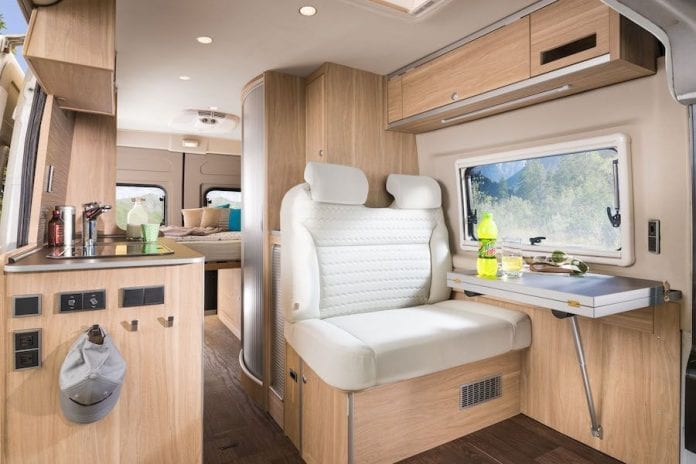
To reduce the risk of catching a chill or to help you stay cool in the heat of the day, make sure you follow these guidelines to keep your vehicle comfortable and looking its best:
- Replace your windshield wipers regularly to keep the wipers clean and free of dust.
- Prevent condensation from forming on your air conditioning, garage door, and outside walls.
- Remove any wood trim around your exterior and make sure it is free of scratches or damaging dirt.
- Do not turn your stereo system too loud.
- Make sure the O-rings are in good working order and that the fuel filters aren’t clogged or leaking. Also, check for loose or damaged straps that hold down your tent, seating area, and other accessories.
We hope this article will help you go a step further and help you get your new RV or camper ready for the summer season.

